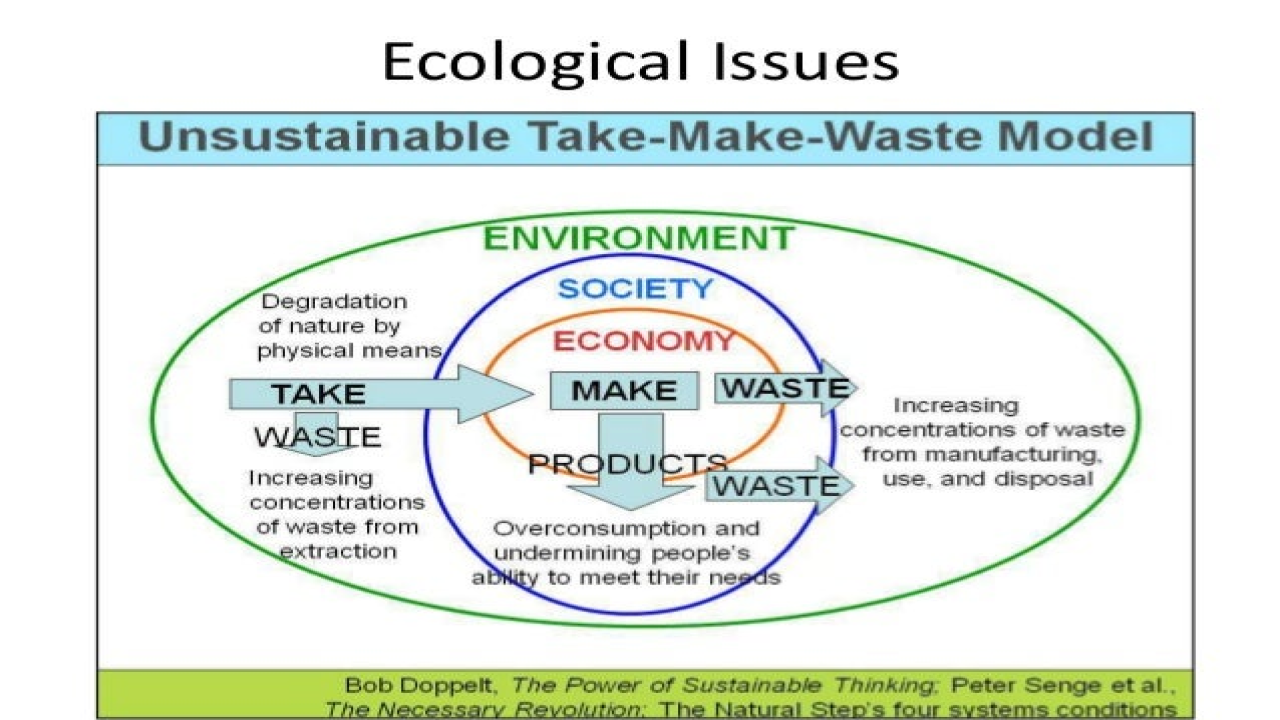Global and Regional Ecological Changes and Imbalances
The Earth’s ecosystems are constantly changing, influenced by natural processes and human activities. Global and regional ecological changes and imbalances have significant impacts on human societies and natural systems, leading to environmental degradation, biodiversity loss, and climate change. Understanding the causes and consequences of these changes is crucial in developing strategies to address them and promote sustainability.
Meaning and History of Global and Regional Ecological Changes and Imbalances
Global and regional ecological changes and imbalances refer to the significant shifts in natural systems and ecological processes at the global and regional levels. These changes are a product of both natural processes and human activities, such as deforestation, urbanization, and the burning of fossil fuels.
Types of Global and Regional Ecological Changes and Imbalances
- Biodiversity Loss: Biodiversity loss is a significant global and regional ecological change caused by human activities such as deforestation, urbanization, and agriculture. This activity threatens the sustainability of ecosystems and human societies.
- Climate Change: Climate change is a global issue caused by the accumulation of greenhouse gases in the atmosphere. Human activities such as the burning of fossil fuels and deforestation contribute to the increase in greenhouse gas concentrations, leading to rising temperatures, sea level rise, and extreme weather events.
- Land Use Change: Land use change, such as deforestation and urbanization, is a significant global and regional ecological change caused by human activities. This activity leads to the destruction of natural habitats and biodiversity loss.
Examples of Global and Regional Ecological Changes and Imbalances
Deforestation in the Amazon Rainforest: Deforestation in the Amazon rainforest is a significant example of a regional ecological change caused by human activities. This activity threatens the biodiversity of the region and contributes to climate change.
- Coral Reef Bleaching: Coral reef bleaching is a global ecological change caused by rising sea temperatures. This activity threatens the biodiversity of coral reefs and the ecosystems that depend on them.
- Melting of Arctic Sea Ice: The melting of Arctic sea ice is a global ecological change caused by rising temperatures. This activity threatens the survival of polar bears and other Arctic species and contributes to sea level rise.
Global and Regional Ecological Changes and Imbalances Issues
- Climate Change: Climate change is a global issue caused by human activities such as the burning of fossil fuels and deforestation. This activity leads to rising temperatures, sea level rise, and extreme weather events, which have significant impacts on human societies and ecosystems.
- Biodiversity Loss: Biodiversity loss is a significant environmental issue caused by human activities such as deforestation, urbanization, and agriculture. This activity threatens the sustainability of ecosystems and human societies.
- Land Use Change: Land use change, such as deforestation and urbanization, is a significant global and regional ecological change caused by human activities. This activity leads to the destruction of natural habitats and biodiversity loss.
Pollution: Pollution is a major environmental issue caused by human activities such as transportation, industrialization, and agriculture. This pollution leads to health problems in humans and ecological damage.
Overexploitation of Natural Resources: Overexploitation of natural resources is an environmental issue caused by human activities such as mining, overfishing, and deforestation. This activity threatens the sustainability of ecosystems and human societies.


